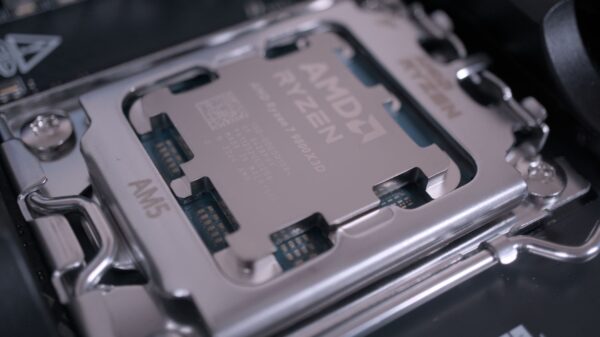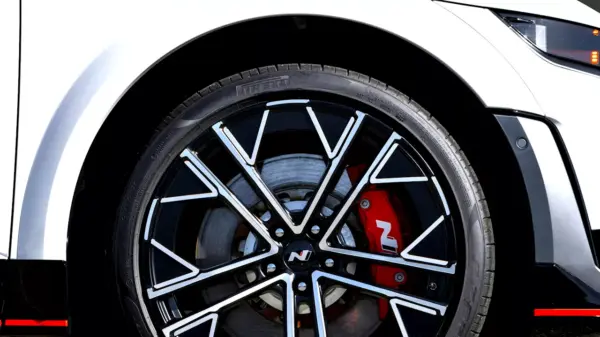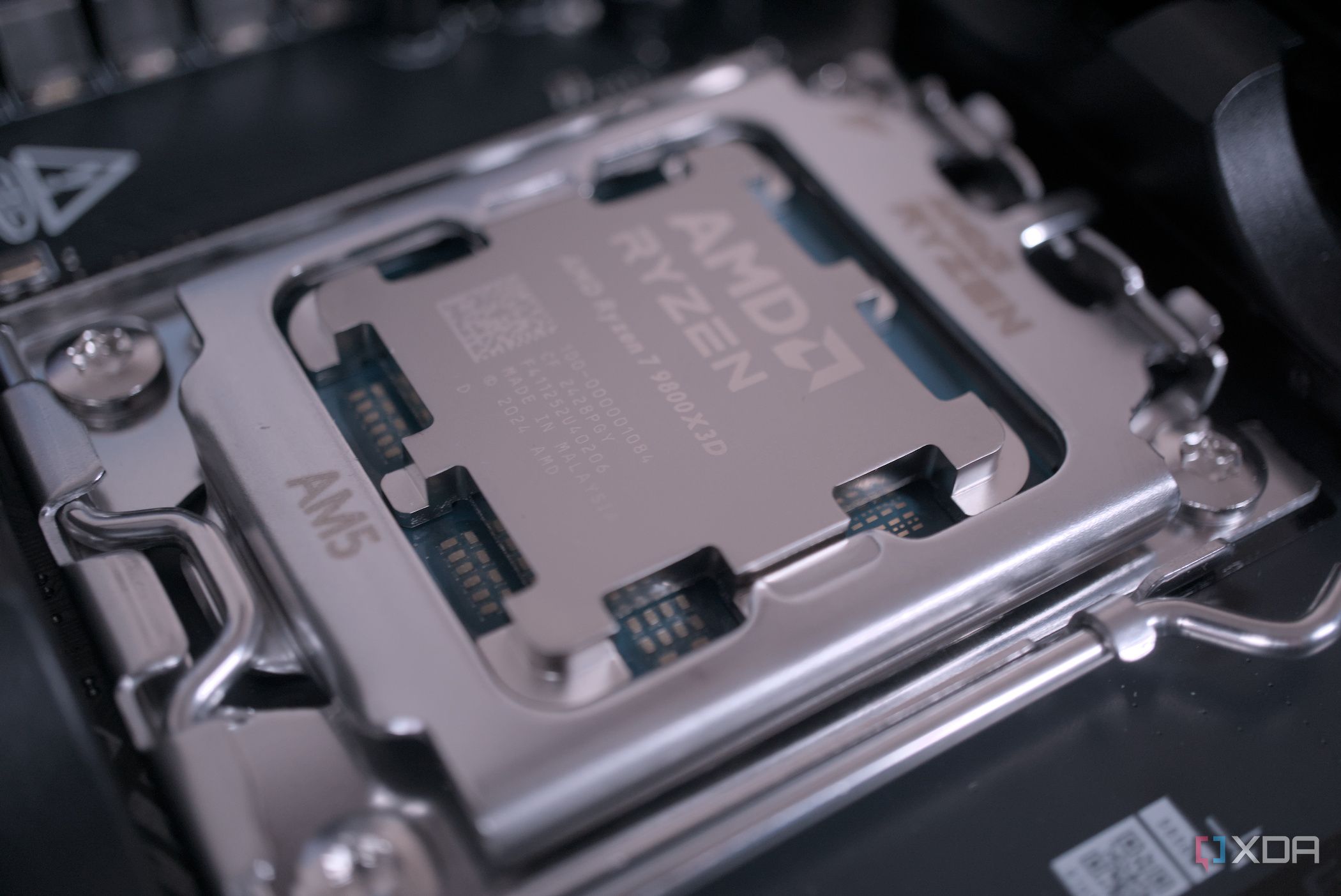UPDATE: Users are experiencing significant temperature drops of up to 5°C by undervolting their CPUs, a game-changing revelation for gamers and tech enthusiasts alike. This breakthrough comes as many discover that their processors may be drawing more voltage than necessary, leading to unnecessary heat generation.
Undervolting, the process of reducing the voltage supplied to a CPU, is proving to be a simple yet effective solution to high temperatures. For instance, after applying a negative curve offset on the 5800X3D, one user reported a drop in gaming temperatures from 83-85°C to just 78-80°C while maintaining performance levels during intense gaming sessions of titles like Battlefield 6 and Assassin’s Creed: Shadows. The ability to hold peak boost clocks at lower voltages is crucial for gamers, allowing for longer play without throttling.
“Lowering the voltage gives my CPU extra thermal headroom,” the user explained. “It helps maintain its boost speeds longer and reduces heat buildup during extended sessions.” This is a vital insight as many modern CPUs struggle to sustain advertised speeds due to high operating temperatures.
Moreover, undervolting isn’t just about cooling; it also leads to a notable reduction in power draw. Users reported a decrease of 20-30 watts in overall system power consumption when undervolting the 5800X3D. This reduction means less stress on cooling systems and fans, creating a quieter environment during gaming marathons.
However, experts urge caution. While undervolting can enhance performance, it carries the risk of instability if not done correctly. Users should avoid aggressive settings, such as a -50 curve offset, which can lead to random freezes and reboots. Instead, starting with a -10 curve offset and making small adjustments is recommended to find the optimal balance.
With the gaming community rapidly embracing this technique, the implications are significant. Gamers seeking improved performance and efficiency will find undervolting an essential tool in their arsenal. The latest developments in CPU tuning suggest that a cooler, quieter system is now within reach for anyone willing to experiment with their hardware.
WHAT’S NEXT: As more users experiment with undervolting, expect to see increased discussions and shared experiences across forums and social media platforms. This trend could revolutionize the way gamers and tech enthusiasts approach CPU performance, making undervolting a standard practice in the industry.
Stay tuned for more updates as this story develops.



































































